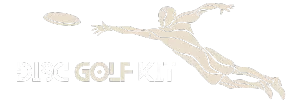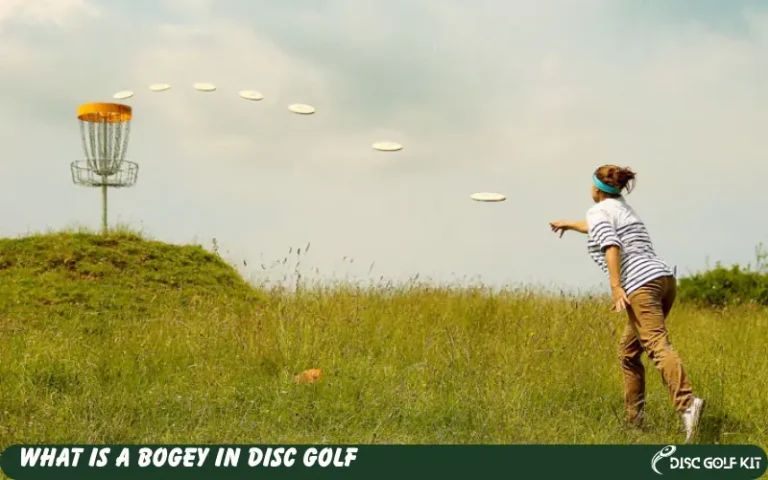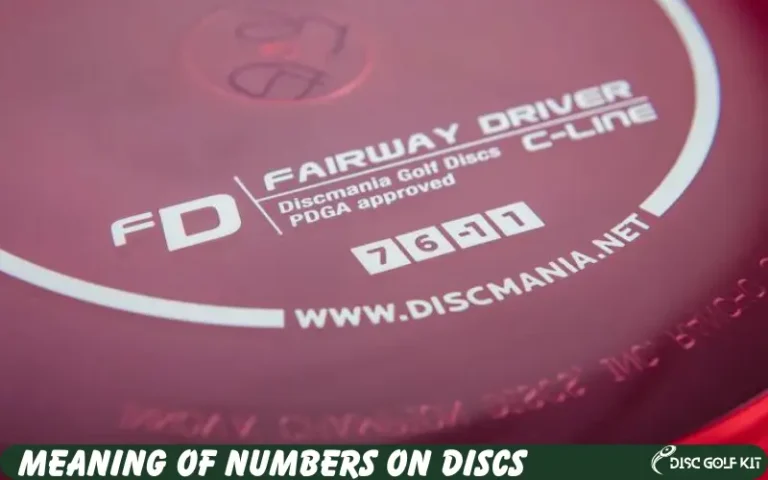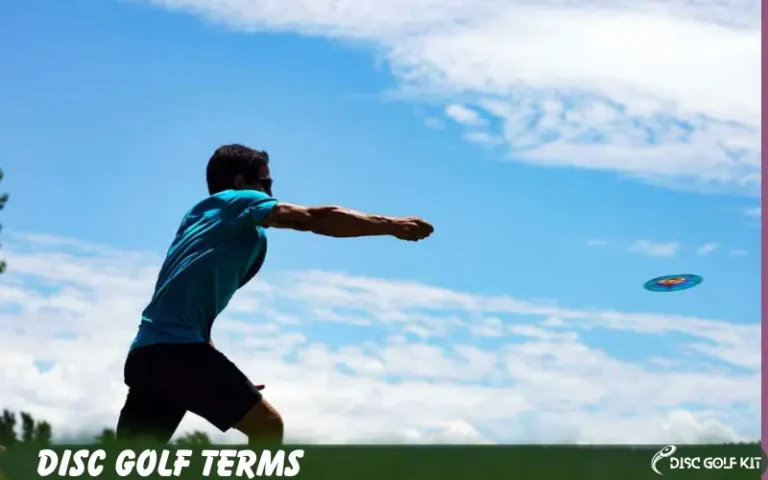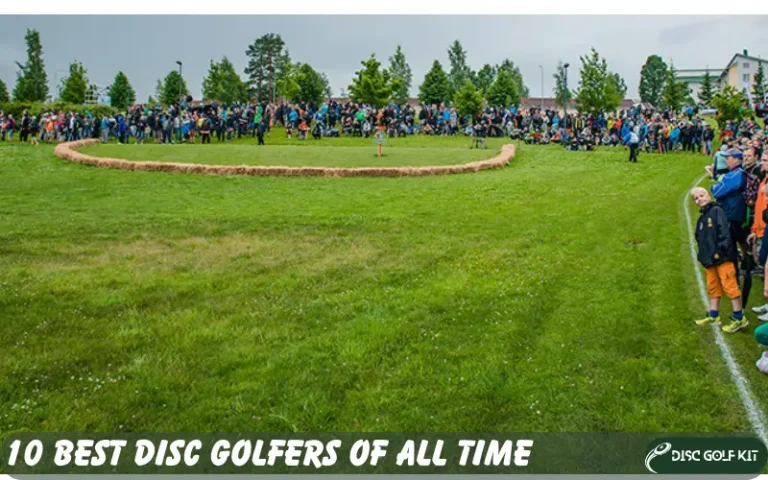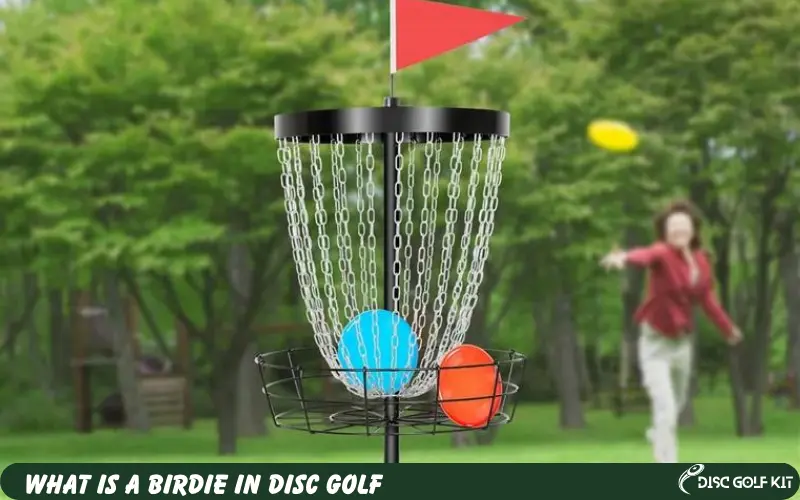
What Is A Birdie In Disc Golf? A birdie in disc golf, sometimes called birdie disc golf, holds a special significance for players on the course. It’s akin to a small triumph in the world of frisbee golf. A birdie signifies that a player has completed a hole in one stroke less than the predetermined par score. This achievement is a testament to a player’s skill and precision as they successfully navigate the course, aiming to reach the target in fewer throws.
Birdies are celebrated as milestones of excellence and are often sought after eagerly by disc golfers. So, when you hear someone discussing birdies in golf, they’re not talking about the feathered friends in the sky but their prowess in the challenging and exhilarating sport of disc golf.
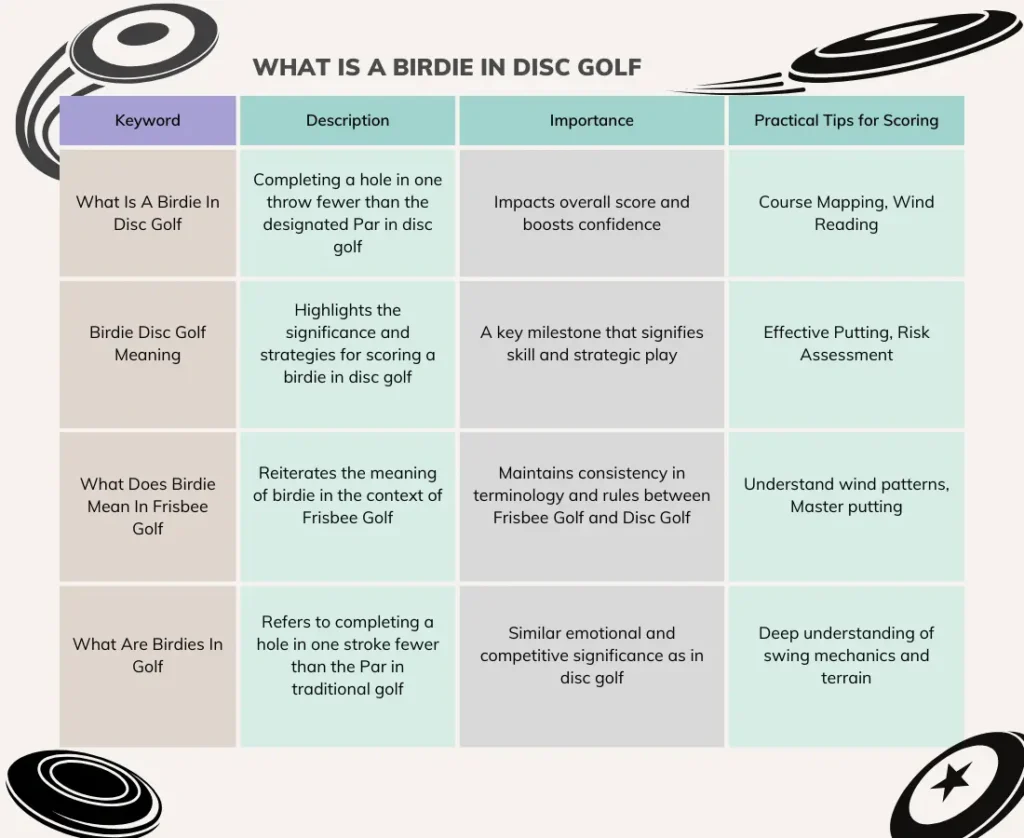
Introduction
Ever found yourself on a disc golf course, listening to players shout “Nice birdie!” and wondered what on Earth they’re talking about? You’re not alone. The language of disc golf can sound like a secret code to the uninitiated. But don’t worry; you’ve come to the right place to decrypt these terms and up your disc golf game.
Importance of Understanding Scoring Terms Like “Birdie” in Disc Golf
Understanding the language of disc golf isn’t just for show; it’s a crucial part of mastering the game. Terms like “birdie,” “par,” and “bogey” don’t just sound cool—they represent key concepts that can make or break your performance on the course. Knowing what a birdie is, how to score one, and why it matters can take you from a disc golf dabbler to a pro-level player.
Brief Overview of What the Article Will Cover
In this article, we’ll demystify what a birdie is in disc golf and its traditional counterpart. We’ll cover the term’s history, importance, and tips for scoring your Birdie. Plus, we’ll touch on other terms like “What Does Birdie Mean in Frisbee Golf?” and “What Are Birdies in Golf” to fully understand this essential disc golf term.
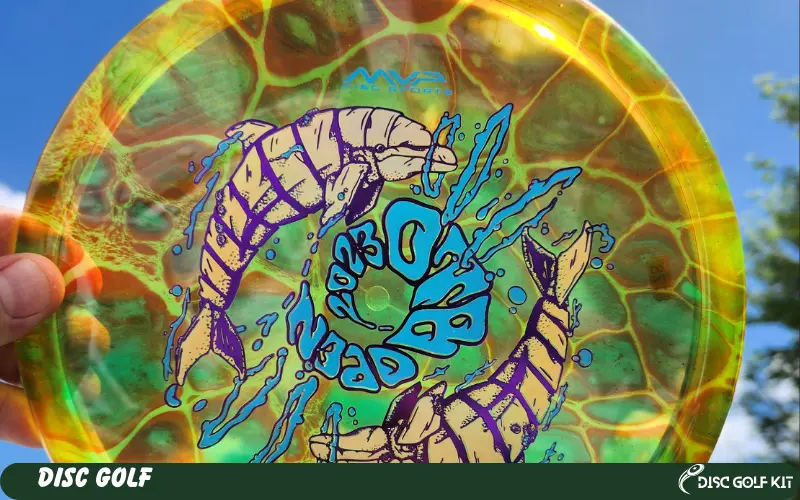
What Is Disc Golf?
Disc Golf is an exhilarating outdoor sport that combines the strategic planning of traditional golf with the physical finesse of throwing a Frisbee. Instead of hitting a ball into a hole, players throw specialized discs into metal baskets scattered throughout a course. With various discs to choose from—each designed for specific throws and distances—disc golf offers a rich, tactical experience accessible to players of all skill levels. The objective? Complete the course with as few throws as possible, just like you aim for the lowest number of strokes in traditional golf.
Comparison with Traditional Golf to Set the Context
At first glance, traditional golf and disc golf may seem worlds apart—one played in elite clubs with a strict dress code, the other often enjoyed a relaxed, casual environment. But at their core, the two sports share striking similarities. Both are played on courses with 9 or 18 holes, require precise aim and skill, and use a scoring system based on pars and birdies. However, instead of using clubs to hit a ball, disc golfers use their arms to launch discs toward metal baskets that serve as holes. While the equipment and atmosphere may differ, the intellectual rigor and competitive spirit align.
Basic Scoring Terms in Disc Golf
Before we dive into the details of What Is A Birdie In Disc Golf? means in disc golf, it’s essential to grasp some basic scoring terms that are the foundation of the sport.
Lead-in to What a Birdie Is
Now that you’re familiar with Par, Bogey, and Ace, you’re all set to understand the term that’s the focus of this article: the Birdie. In simple terms, a birdie is one notch above Par and one below an Ace, but it signifies so much more in the world of disc and traditional golf. Intrigued? Let’s delve into what a birdie is, its significance, and how it fits into the larger scope of disc golf scoring.
What Is A Birdie In Disc Golf?
In disc golf, a “Birdie” is a score that signifies you’ve completed a hole in one throw less than the hole’s designated Par. So, if you’re tackling a Par 3 hole and you manage to sink your disc into the basket in just two throws, you’ve scored a Birdie! It’s a notable achievement that reflects a certain skill level, precision, and luck. Scoring a birdie can be a game-changer, giving you an edge in competitions or even casual rounds with friends
How It Compares to a Birdie in Traditional Golf
If you’re familiar with traditional golf, you’ll find that a birdie in disc golf shares the same principle: completing a hole in one stroke less than Par. In both sports, birdies are treasured scores that showcase a player’s prowess and can dramatically influence the outcome of a game. The primary difference lies in the execution—using a club to hit a ball versus throwing a disc—but the significance of scoring a birdie remains consistent across both sports.

Birdie Disc Golf Meaning Scoring Significant
In disc golf, a birdie isn’t just a feather in your cap; it’s a testament to your skills and understanding of the game. Scoring a birdie signifies that you’ve mastered the hole’s challenges: distance, obstacles, or wind conditions. It immediately boosts your score, offering a significant advantage, especially in competitive settings. Achieving a birdie can also be a psychological win, boosting your confidence and momentum as you navigate the rest of the course.
Brief Overview of What a Forehand Throw Is
So, how do you go from hearing about birdies to scoring one? Here are some strategies to consider:
What Does Birdie Mean In Frisbee Golf?
You might often hear the term “Frisbee Golf” used interchangeably with “Disc Golf,” especially among those new to the sport. While the essence of the game remains the same, it’s important to note that “Frisbee” is a brand name for a type of flying disc. In official contexts, the sport is known as “Disc Golf,” and tournaments and organizations typically use this term. However, whether you call it Frisbee or Disc Golf, the rules, goals, and scoring terms like “birdie” remain consistent.
Reiterate What a Birdie Means in This Context
In the context of Frisbee Golf, a birdie holds the same meaning as in Disc Golf. It’s the score you achieve when you complete a hole in one throw fewer than the designated Par. If a hole is a Par 4, you’d score a birdie if you complete it in just three throws. As in Disc Golf, a birdie in Frisbee Golf is a significant accomplishment that highlights your skill and strategy, offering a numerical and psychological advantage.
This section aims to clarify that “Frisbee Golf” and “Disc Golf” refer to the same sport while also reiterating what a “birdie” means in this context. The information should ensure that all readers understand the concept clearly, regardless of their familiarity with the terminology. Would you like to proceed with the next section?
What Are Birdies In Golf?
In traditional golf, a birdie completes a hole in one stroke fewer than the hole’s designated Par. Like in disc golf, birdies are momentous events that can significantly bolster your score and give you a competitive edge. In both casual and professional settings, achieving a birdie is often celebrated and indicates a player’s skill level and strategic acumen.
Comparison and Contrast with Birdies in Disc Golf
While the concept of a birdie remains consistent across traditional and disc golf, some nuances differentiate the two. In traditional golf, birdies often require a deep understanding of swing mechanics and terrain and meticulous planning and execution. Disc golf, on the other hand, relies on arm strength, throwing techniques, and disc selection.
Furthermore, traditional golf usually occurs in specialized golf courses with sand traps and water hazards, while disc golf can be played in more diverse settings, including parks and wooded areas. Despite these differences, scoring a birdie’s emotional and competitive significance is universal, making it a cornerstone term in both sports.

Importance of Birdies in Gameplay
How Birdies Affect Your Overall Score? Scoring a birdie can have a considerable impact on your overall score. Each Birdie you achieve reduces your cumulative throws, increasing the gap between you and competitors who have yet to fare as well. In a sport where every throw counts, this advantage can be decisive. Whether participating in a formal tournament or enjoying a weekend game with friends, a birdie can be the turning point that propels you to victory or a personal best.
Psychological Aspects of Scoring a Birdie
Beyond its numerical value, a birdie carries psychological weight. Scoring a birdie can imbue you with a sense of accomplishment and momentum. It’s a confidence booster, making you more optimistic and focused as you approach subsequent holes. This mental uplift can be just as valuable as the stroke you’ve saved, setting a positive tone that impacts not only your performance but also the morale of your group or team.
This section emphasizes the importance of birdies from a numerical and psychological standpoint, offering readers a comprehensive understanding of why this scoring term is crucial in gameplay. Would you like to proceed with the next part of the article?
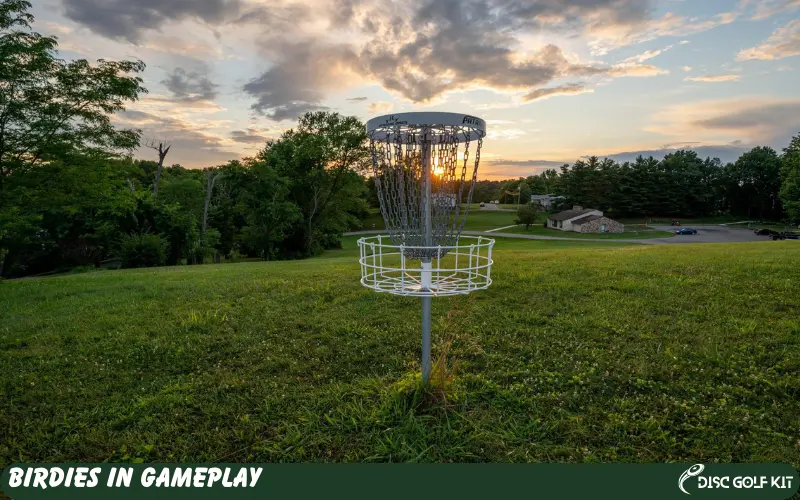
Tips for Scoring a Birdie
Following are the tips for scoring a Birdie in golf disc.
Practical Advice and Strategies
To up your chances of scoring a birdie, consider these strategies:
Equipment Recommendations
The right gear can also be a game-changer when aiming for a birdie. Here are some equipment recommendations:
Conclusion
In this comprehensive guide, we’ve demystified the concept of “What Is A Birdie In Disc Golf” along with its many variants like “Birdie Disc Golf Meaning” and “What Does Birdie Mean In Frisbee Golf.” Starting from the basics of disc golf, we delved into basic scoring terms and what a birdie represents in both disc and traditional golf. We’ve discussed why birdies are important milestones in gameplay, both numerically and psychologically. Moreover, we provided actionable strategies and equipment recommendations to help you score your birdies.
Suppose you’ve wondered, “What Are Birdies In Golf,” whether traditional or disc? You now have all the knowledge you need to understand this key term, and go out and make it a part of your disc golf lexicon. So why wait? Please put this information to good use, apply those strategies, and let’s turn those pars into birdies. Your next game of disc golf is an open field of opportunities. Grab your discs and aim for a birdie—or multiple birdies—to make your next game truly memorable.
Frequently Asked Questions (FAQs)

Article by
Peter Howell
I am an enthusiastic disc golf player and the mind behind DiscGolfKit.com. My aim to combine my passion and expertise to educate others about disc golf product reviews and create comprehensive buying guides. Stick around, and let’s elevate our game together.
